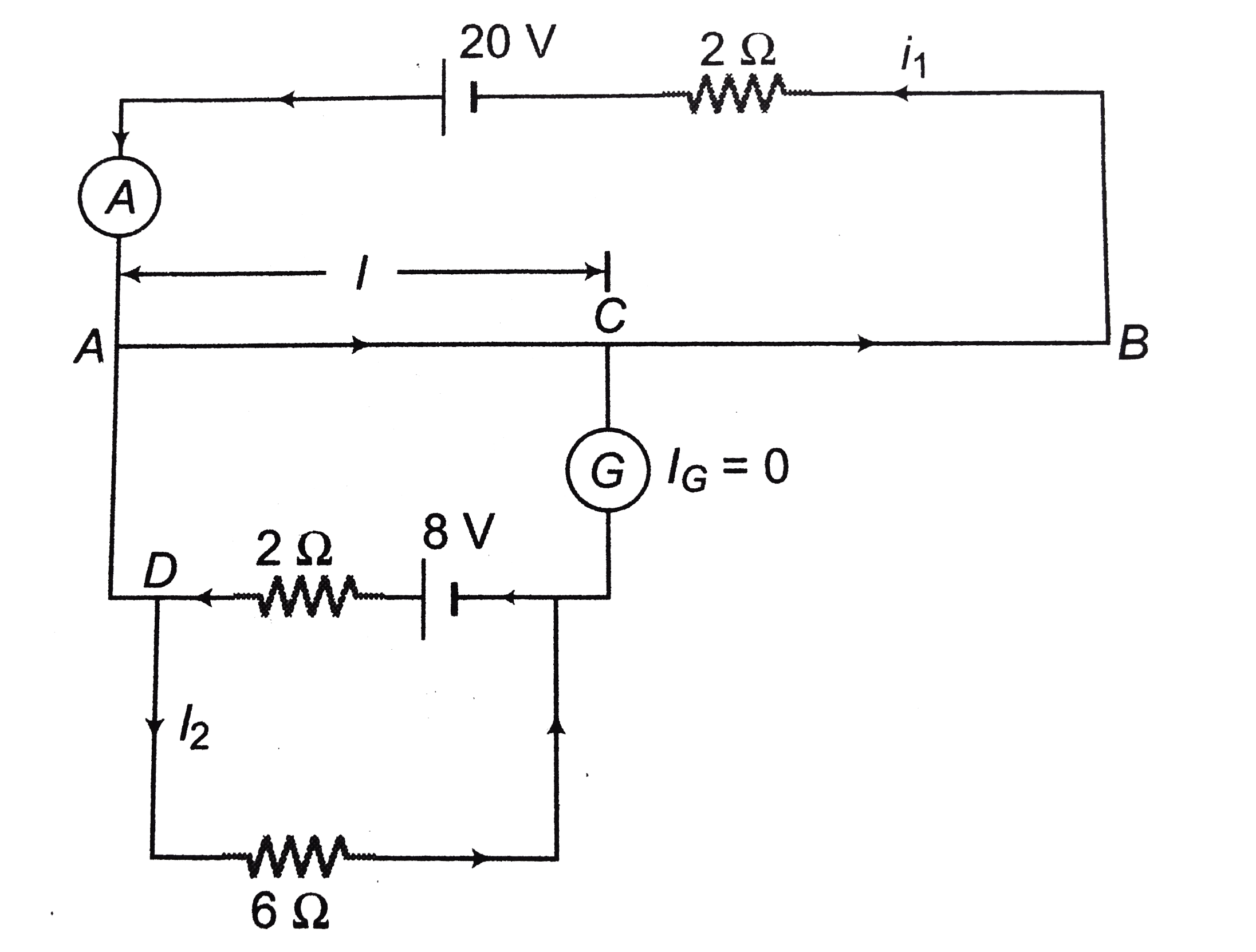Calculate the percentage error in specific resistance , ρ=πr2R/l, where r = radius of wire =0.26±0.02cm , l = length of wire =156.0±0.1cm, and R = resistance of wire =64±2Ω.
The correct Answer is:~18.6%
To calculate the percentage error in specific resistance, we start with the formula for specific resistance:
ρ=πr2Rl
Where:
- r = radius of the wire = 0.26±0.02 cm
- l = length of the wire = 156.0±0.1 cm
- R = resistance of the wire = 64±2Ω
Step 1: Identify the powers of each variable in the formula
In the formula for specific resistance, we can see:
- r has a power of 2
- R has a power of 1
- l has a power of -1
Step 2: Calculate the fractional errors for each variable
The fractional error in a quantity x is given by:
Fractional error=Δxx
Where Δx is the absolute error in x.
1. For r:
Δr=0.02cm,r=0.26cm
Fractional error in r=0.020.26≈0.0769
2. For R:
ΔR=2Ω,R=64Ω
Fractional error in R=264=0.03125
3. For l:
Δl=0.1cm,l=156.0cm
Fractional error in l=0.1156≈0.000641
Step 3: Calculate the total percentage error in ρ
Using the formula for the percentage error in ρ:
Percentage error in ρ=(2×Fractional error in r+Fractional error in R−Fractional error in l)×100
Substituting the values we calculated:
Percentage error in ρ=(2×0.0769+0.03125+0.000641)×100
Calculating each term:
2×0.0769≈0.1538
0.1538+0.03125≈0.18505
0.18505+0.000641≈0.185691
Now, multiplying by 100:
Percentage error in ρ≈18.57%
Final Answer
The percentage error in specific resistance ρ is approximately 18.57%.
---
- r = radius of the wire = 0.26±0.02 cm
- l = length of the wire = 156.0±0.1 cm
- R = resistance of the wire = 64±2Ω
- r has a power of 2
- R has a power of 1
- l has a power of -1
Δr=0.02cm,r=0.26cm
Fractional error in r=0.020.26≈0.0769
ΔR=2Ω,R=64Ω
Fractional error in R=264=0.03125
Δl=0.1cm,l=156.0cm
Fractional error in l=0.1156≈0.000641
0.1538+0.03125≈0.18505
0.18505+0.000641≈0.185691
Topper's Solved these Questions
- DIMENSIONS & MEASUREMENTBOOK - CENGAGE PHYSICS ENGLISHCHAPTER - DIMENSIONS & MEASUREMENTEXERCISE - Single Correct
93 Videos
- DIMENSIONS & MEASUREMENTBOOK - CENGAGE PHYSICS ENGLISHCHAPTER - DIMENSIONS & MEASUREMENTEXERCISE - Multiple Correct
2 Videos
- DIMENSIONS & MEASUREMENTBOOK - CENGAGE PHYSICS ENGLISHCHAPTER - DIMENSIONS & MEASUREMENTEXERCISE - Exercise 1.3
17 Videos
- CENTRE OF MASSBOOK - CENGAGE PHYSICS ENGLISHCHAPTER - CENTRE OF MASSEXERCISE - INTEGER_TYPE
1 Video
- FLUID MECHANICSBOOK - CENGAGE PHYSICS ENGLISHCHAPTER - FLUID MECHANICSEXERCISE - INTEGER_TYPE
1 Video
Similar Questions
Find the percentage error in specific resistance given by ρ=πr2Rl where r is the radius having value (0.2±0.02)cm, R is the resistance of (60±2)ohm and l is the length of (150±0.1)cm.
View SolutionThe specific resistance ρ of a circular wire of radius r, resistance R, and length l is given by ρ=πr2R/l. Given : r=0.24±0.02cm,R=30±1Ω , and l=4.80±0.01cm. The percentage error in ρ is nearly
View SolutionThe resistance R=V/i, where V=100±5VandI=10±0.2A. What is the total error in R?
View SolutionA hollow cylinder of specific resistance ρ, inner radius R, outer radius 2R and length l is as shown in figure. What is the net resistance between the inner and outer surfaces?
View SolutionWhen the resistance of copper wire is 0.1Ω and the radius is 1mm, then the length of the wire is (specific resistance of copper is 3.14×10−8ohm×m)
View SolutionA 1m long wire of diameter 0.31mm has a resistance of 4.2Ω. If it is replaced by another wire of same material of length 1.5m and diameter 0.155mm, then the resistance of wire is
View SolutionIf the length of wire is (100.0 cm) and radius of wire as measured from screw gauge is (1.00mm) then the specific resistance of wire material is .
View SolutionCalculate equivalent resistance of two resistors R1andR2 in parallel where, R1=(6±0.2)ohm and R2=(3±0.1)ohm
View SolutionThe diameter of a sphere is 6cm. It is melted and drawn into a wire of diameter 0.2 cm. Find the length of the wire.
View Solution
In the figure shown wire AB has a length of 100cm and resistance 8Ω. Find the balance point length l.
View Solution
